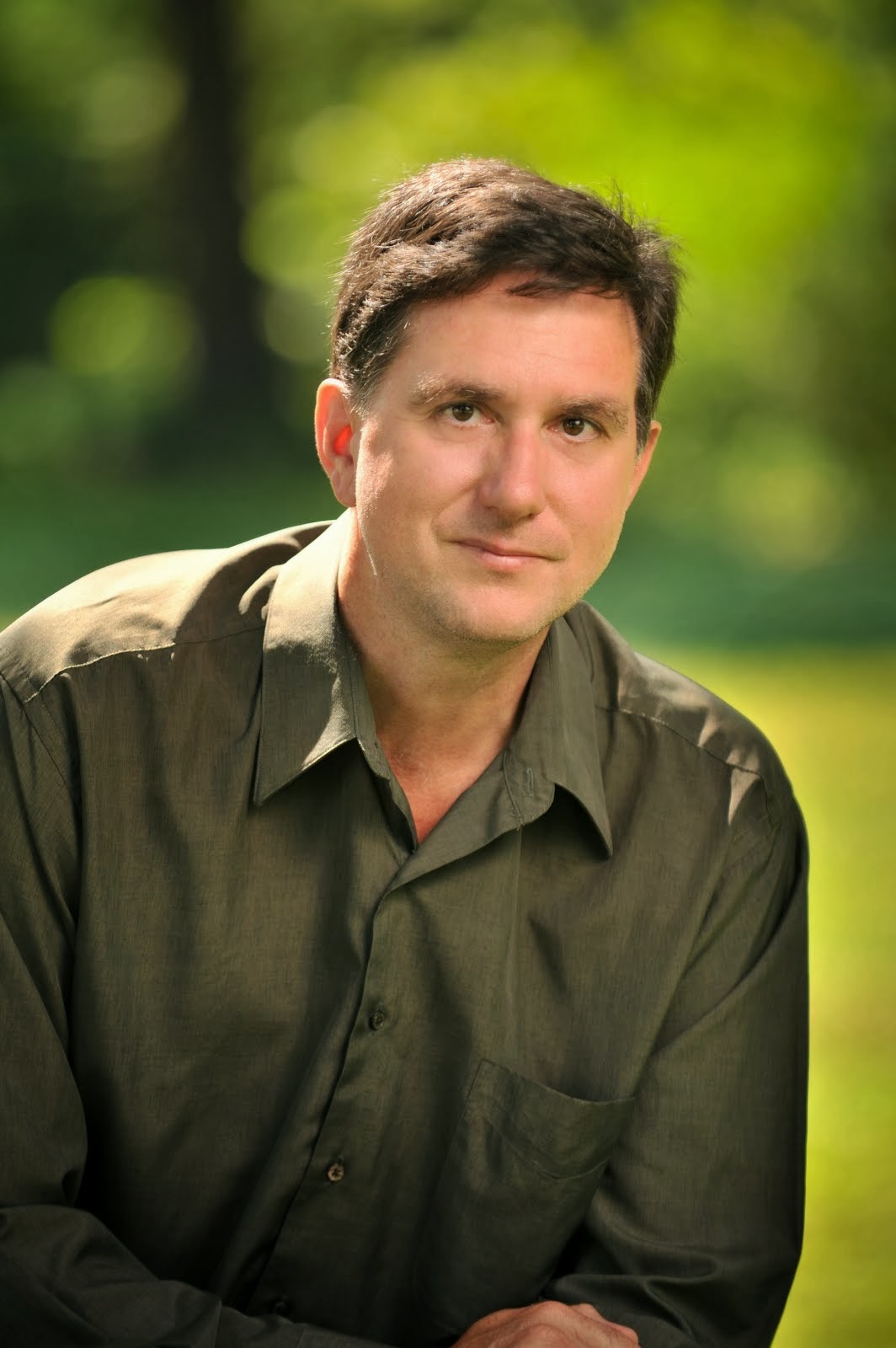

Two Acclaimed Writers to Lead Workshop at Poetry Hickory
Raleigh, NC, writers Maureen Sherbondy and Richard Krawiec will offer a workshop on publishing poetry as part of the monthly NC Writers’ Network Writers’ Night Out, held at 5:00 on Tuesday, July 13, at Taste Full Beans Coffeehouse in downtown Hickory. The workshop will cost $10 per person and will be followed by Poetry Hickory’s Open Mic, beginning at 6:30 and then readings by both Sherbondy and Krawiec. The readings are free and open to the public.
Sherbondy is the author of two collections of poetry and has a third due out this year. She is also the author of a collection of short stories. Krawiec is author of two novels, a collection of short stories, and a collection of poems, and is editor of a collection of poetry about cooking. Both have taught workshops and formal classes in a variety of locations and have received numerous awards for their writing. For more information, visit www.poetryhickory.com or contact Scott Owens at 828-234-4266 or asowens1@yahoo.com
Here is a sample poem from each author:
“Dorothy Discovers Sex and the City” by Maureen Sherbondy
After the tornado she thought
life would be dull and grey as Kansas
but on the new color screen
she watches Samantha bedding
a plethora of men. She relates
to Carrie, lately Dorothy’s been daydreaming
about a career in journalism,
she writes columns in her head
about storm preparation, the meaning
of dreams, archetypal figures, red shoes.
She’s contemplating a change of hair
style, maybe like Charlotte’s -- men
don’t seem to be drawn to ponytails
anymore. Aunt Em passed years before,
but Dorothy is certain she wouldn’t have
approved of the show. She turns to
the Weather Channel and monitors storms,
the forecaster’s smooth voice soothing
away her twister anxieties
even as she dreams of Oz.
Excerpt from “Judging the Worth” by Richard Krawiec
my son hunches into my chest
it toooowl he says I agree
it is cold but his breath warms
my shoulder his chest protects my own
he burrows his arms between us
one hand pops free his fingers slide
over his thumb as if testing fabric
the weight and weave judging the worth
of this life he throws his head up laughs
his teeth small and bright as stars
the cherubic firmament of his face
radiates
around us hidden in the dark branches
of pines and hardwoods birds
chorus a greeting the cacophony
of their song edges towards clarity
if I can only stand still long enough
to listen



